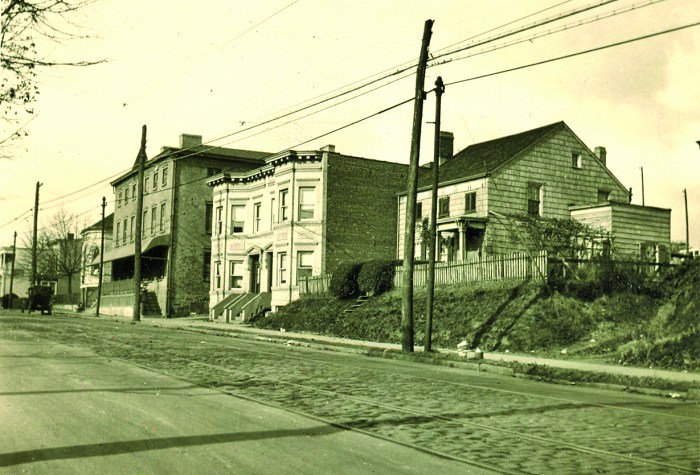
Mayor Bill de Blasio is brushing off concerns from city Comptroller Scott Stringer, who last week declined to approve the administration’s $6.4 million contract that would adorn thousands of police officers with body cameras.
The contract, struck with a Seattle-based company Vievu last October, would support a 1,000-officer pilot as well as a 5,000-officer expansion. It was set to begin this year after a federal court order mandated such a program in 2013.
But Stringer on Friday refused to sign off on the contract, throwing a wrench in the mayor’s announcement just a few days earlier that every patrol officer would be wearing body cameras by 2019—part of a new deal reached between the mayor’s administration and Patrolmen’s Benevolent Association.
Stringer’s office cited at the time that the comptroller was “seeking additional information” on the deal.
“He’s not blocking this contract. He put out his statement but…this contract is going forward,” said a defiant de Blasio on Monday at a monthly crime briefing. Stringer is currently weighing challenging de Blasio in this election year.
“People in this city believe, rightfully, that we need body cameras on our officers and we’ll have body cameras on our officers,” de Blasio continued.
NYPD Deputy Commissioner Lawrence Byrne at the same conference said that Stringer’s inquiries related to policy matters that couldn’t legally stop the contract. But Tyrone Stevens, a spokesman for Stringer, said the comptroller’s questions delved further into the deal.
“We support body cameras, and we think this reform is an important step forward,” said Stevens in a statement. “Yet, it’s our charter-mandated responsibility to ensure that any contract is free of possible waste and fraud—and it’s what the public expects. We want to be fully confident of the contract’s integrity, and we want to be certain there are no investigations, legal questions, or otherwise on the matter. Vigilance on issues like these is important, and we look forward to receiving further information from the NYPD.”
Stringer’s response follows scrutiny of the body camera manufacturer Vievu. Other police departments in the country have reportedly had issues with the technology.
De Blasio on Monday said much of the clamor against the cameras came from the lobbying of a rival company, referring to Taser International.
“I don’t think it’s the first time in the history of the free enterprise system that we’ve seen one company try to smear another,” said de Blasio, insisting that the NPYD undertook a “vigorous” procurement process. “The NYPD is very, very careful in how it makes its technology choices.”






























